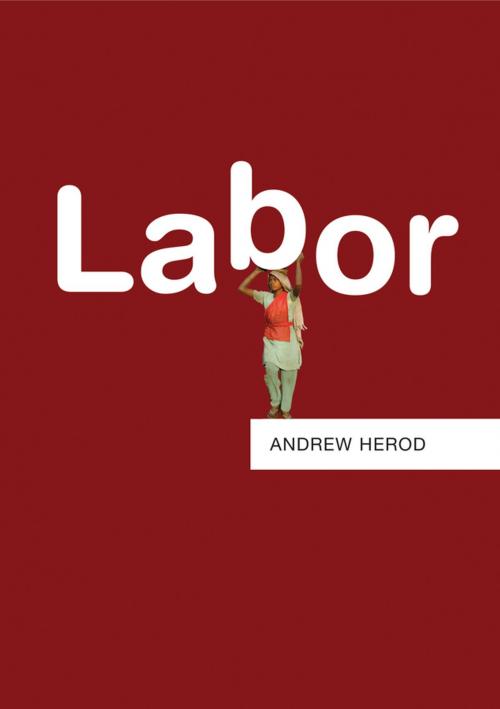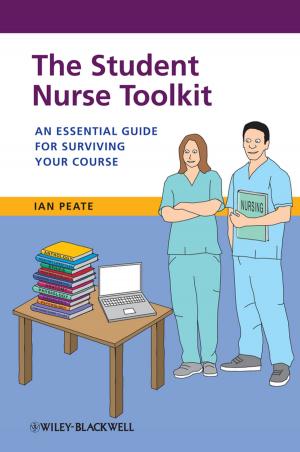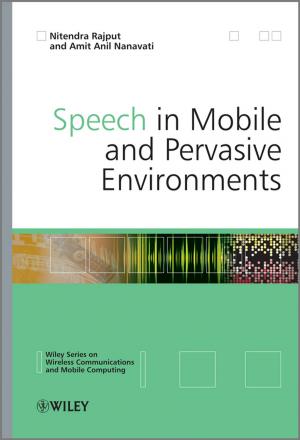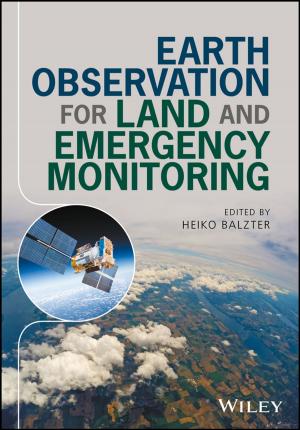| Author: | Andrew Herod | ISBN: | 9781509524129 |
| Publisher: | Wiley | Publication: | October 16, 2017 |
| Imprint: | Polity | Language: | English |
| Author: | Andrew Herod |
| ISBN: | 9781509524129 |
| Publisher: | Wiley |
| Publication: | October 16, 2017 |
| Imprint: | Polity |
| Language: | English |
Labor is the source of all wealth. Without workers, the world's natural resources cannot be transformed into finished goods and services cannot be delivered. Labor, though, is a uniquely important resource because, unlike others, it is capable of altering its own conditions of existence and of challenging how it is used.
In this book, Andrew Herod offers an original and wide-ranging analysis of labor as a multifaceted and truly global resource. Opening with a rich overview of the migration streams and demographic trends that have shaped the planetary distribution of labor, he goes on to explore how globalization and the growth of precarious work are impacting working people's lives in both "Old Economy" and "New Economy" employment sectors. He concludes by surveying some of the ways in which working people are taking action to improve their lives, including forming trade unions and other labor organizations, occupying factories in places like Argentina and Greece, and establishing anti-sweatshop campaigns.
This book is a must-read for anyone interested in understanding the state of labor in today's global economy.
Labor is the source of all wealth. Without workers, the world's natural resources cannot be transformed into finished goods and services cannot be delivered. Labor, though, is a uniquely important resource because, unlike others, it is capable of altering its own conditions of existence and of challenging how it is used.
In this book, Andrew Herod offers an original and wide-ranging analysis of labor as a multifaceted and truly global resource. Opening with a rich overview of the migration streams and demographic trends that have shaped the planetary distribution of labor, he goes on to explore how globalization and the growth of precarious work are impacting working people's lives in both "Old Economy" and "New Economy" employment sectors. He concludes by surveying some of the ways in which working people are taking action to improve their lives, including forming trade unions and other labor organizations, occupying factories in places like Argentina and Greece, and establishing anti-sweatshop campaigns.
This book is a must-read for anyone interested in understanding the state of labor in today's global economy.















